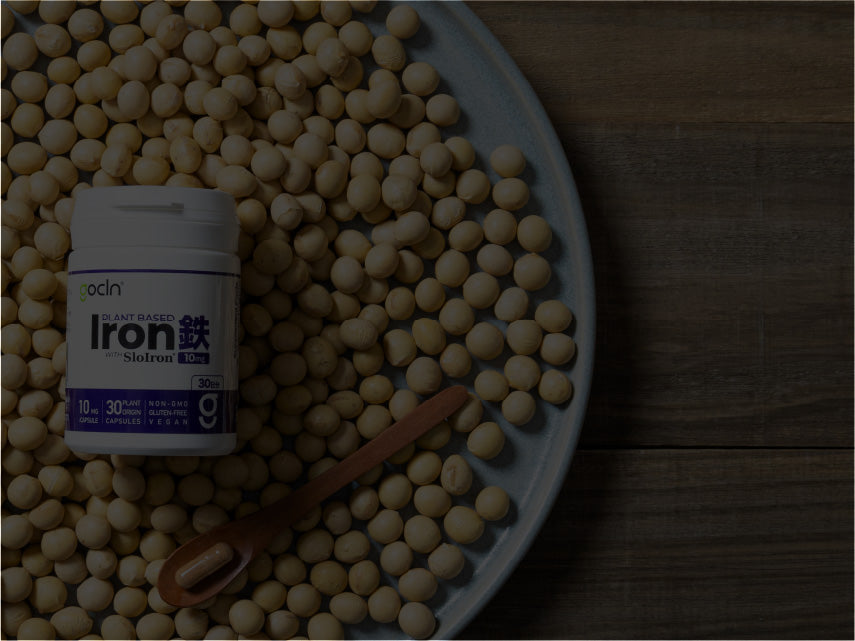The Profile of Selected Antioxidants in Two Courgette Varieties from Organic and Conventional Production.
Kopczyńska K et al.
Antioxidants (Basel). 2020 May 9;9(5).
Abstract
Courgette is considered as a low-calorie vegetable with health-promoting properties. However, scientific publications focused on the profile and content of bioactive compounds in courgette, as well as the potential fruit quality modulating factors, are rare. Due to the high adaptability of courgette to weather and agronomic conditions, it is produced on a global scale. The aim of this study was to analyze the impact of organic versus conventional agronomic practices on the concentration of selected antioxidants in courgette fruits. Fruits of two courgette varieties (Astra Polka and Nimba) produced in an organic and conventional system were tested by high performance liquid chromatography (HPLC) to determine the content of polyphenols (flavonoids and phenolic acids), carotenoids, chlorophylls, and vitamin C . Organic courgette fruits were characterized by their significantly higher content of phenolic acids and flavonoids when compared to the conventionally grown fruit. The organic cultivation might be a good method to increase concentration of bioactive compounds with antioxidant properties in courgette fruits. Nevertheless, the identified trends should be further confirmed, with attention paid to other courgette varieties, as well as to the potential interactions between the plant genotype, agronomic system and the location-specific growing conditions.
Resource from https://www.ncbi.nlm.nih.gov/pubmed/32397495
Full text is available from https://www.mdpi.com/2076-3921/9/5/404#



